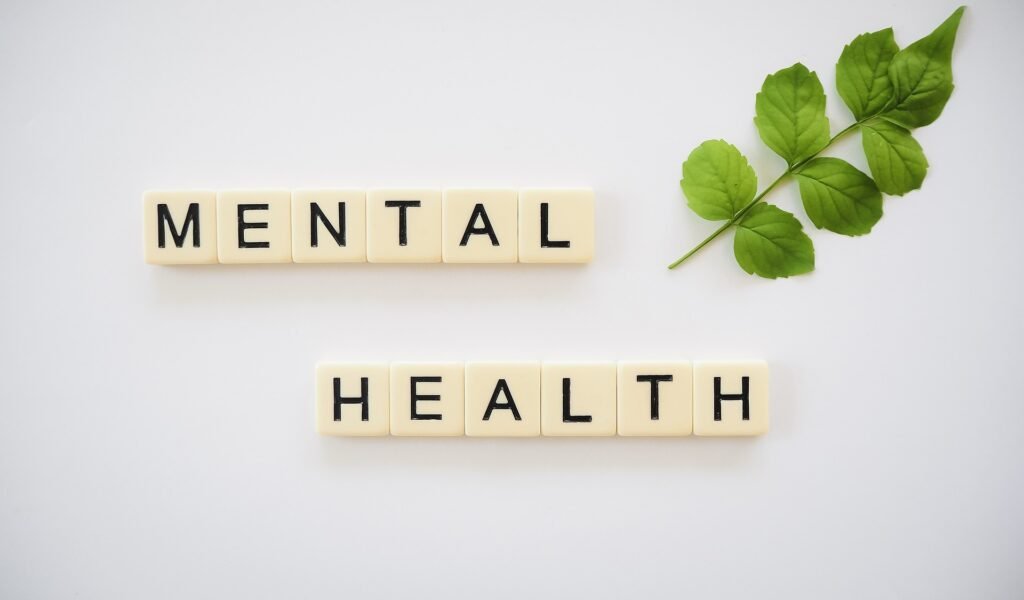Mental well-being is both a state of mind and a way of living. Part of this is due to cultivating a reasonable, optimistic outlook on yourself and the world around you. Doing something you enjoy and maintaining a healthy level of stress are two factors that contribute to excellent mental health and mental wellness.
When it comes to knowing how to help your mental health, there’s more to it. That is why it is critical to living a lifestyle that promotes a happy outlook. This extends beyond business and personal relationships. It’s about finding ways to find serenity or catharsis regularly, such as spending time in nature, meditating, or working with a therapist.

Image Source: TotalShape
Do you feel like you’re lacking in a positive mindset or a healthy way of life? By asking therapists how to practice good mental health, you can try out some of the mental health recommendations we gathered.
1. Try Meditation
2. Get Plenty of sleep
3. Maintain a healthy diet
4. Exercise Regularly
5. Get some sunshine
6. Spend Time with Friends and Family
7. Go outside.
8. Do what you enjoy
9. Affirmations: Write (and Read)
10. Understand Your Personality and Your Interests
11. Laugh frequently
1. Try Meditation:
Meditation can help to calm and clear the mind, reducing stress and anxiety. Therapists often recommend meditation to their patients as a way to improve mental health.
2. Get Plenty of Sleep:
Getting enough sleep is crucial for good mental health. Lack of sleep can contribute to anxiety and depression. Therapists typically suggest that their patients get at least 7-8 hours of sleep each night.
3. Maintain a Healthy Diet:
Eating a healthy diet is important for good mental health. Foods that are high in nutrients and low in unhealthy fats can help to improve mood and reduce stress levels. Therapists often recommend healthy eating habits to their patients as a way to improve mental wellbeing.
4. Exercise Regularly:
Exercise releases endorphins, which have mood-boosting effects. Regular exercise can also help to reduce stress levels and promote overall wellbeing. Many therapists recommend that their patients exercise regularly as a way to improve mental health.
5. Spend Time with Friends and Family:
Spending time with loved ones can help reduce stress and promote positive emotions. Therapists typically suggest that their patients spend time with friends and family members as a way to improve mental health.
6. Go outside:
Being outside, taking a walk, or spending time in nature were all proved to help reduce depression and increase energy levels. Nature can heal, soothe, and refresh us.
7. Get Some Sun Shine:
Being outside, taking a walk, or spending time in nature have all been shown to help people feel less depressed and more energized. We can be healed, soothed, and refreshed by nature.
8. Do What You Want to Do:
The link between a pastime and better mental health is backed up by science. Putting your attention on things that you enjoy can have a positive impact on your mental health and well-being.
9. Affirmations to Write (and Read)
Writing a list of affirmations and reading them daily can help you maintain a happy, focused mindset. Happy thoughts are more likely to result in positive feelings, which can modify and improve your mental health, the more ingrained they become.
10. Understand Your Personality and Your Interests
When people know who they are and what they enjoy, it is easier for them to locate sources of excellent mental health. Burke uses the example of an introvert reading a book and having alone time vs an extrovert who requires social stimulation.
“Choosing activities that match your personality qualities might help you maintain mental health balance,” she says.
Burke suggests going back to your youth if you’re having trouble coming up with new activities to do. Those recollections may include pointers to what will make you happy as an adult.
11. Laugh frequently:
Laughter can be beneficial to one’s health. Our brains release dopamine, a happy-making substance, every time we laugh. Try going to a comedy club, binge-viewing a new comedy series, or watching stand-up specials on Netflix if you need some laughing.
Conclusion:
Of course, obtaining treatment from a competent mental health professional who can lead you through individual tactics that can benefit you is not a substitute for getting help from this list. But hopefully, this has given you some ideas for the next time you’re feeling stressed. Remember, if you need assistance, don’t be hesitant to ask for it.
